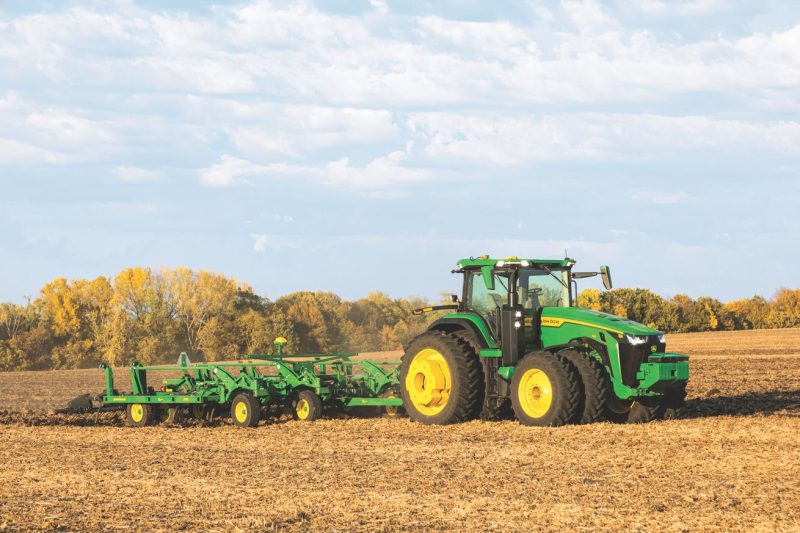
Planting Perils: How Solar Storms are Wreaking Havoc on Farmer GPS Systems
Solar Storms are Disrupting Farmer GPS Systems During Critical Planting Time
The sun, our beloved star, is continuously emitting solar storms that can have a significant impact on our planet. These solar storms, made up of energetic particles and magnetic fields, have been known to disrupt various technologies on Earth. Recently, farmers have found themselves facing challenges due to solar storm interference with their GPS systems during critical planting times.
GPS technology has revolutionized modern farming by enabling precision agriculture techniques. Farmers rely heavily on GPS systems to accurately plant seeds, apply fertilizers, and monitor crop health. The high level of precision offered by GPS allows farmers to optimize their resources, increase efficiency, and ultimately improve crop yields.
However, the reliance on GPS technology also means that farmers are vulnerable to disruptions caused by external factors such as solar storms. When a solar storm occurs, it sends out intense bursts of radiation and magnetic fields that can interfere with the signals received by GPS systems on the ground. This interference can result in inaccurate positioning data, leading to errors in planting patterns and application of inputs.
During critical planting times, such as the spring season, any disruption to the planting process can have severe consequences for farmers. Planting schedules are carefully planned based on weather patterns, soil conditions, and market demands. A delay or error in planting can lead to reduced crop yields, lower quality produce, and financial losses for farmers.
To mitigate the impact of solar storm disruptions on GPS systems, farmers are exploring alternative methods and backup solutions. Some farmers are reverting to traditional planting techniques that rely less on technology and more on manual labor. While this may be a temporary solution, it is not practical for large-scale commercial farms that rely on GPS for efficient operations.
Another approach being considered is the development of more robust GPS technology that can better withstand solar storm interference. Researchers are working on improving the resilience of GPS systems by implementing shielding mechanisms and error-correction algorithms. By enhancing the reliability of GPS technology, farmers can continue to benefit from precision agriculture practices even in the face of solar storm disruptions.
In conclusion, solar storms are posing a challenge to farmers by disrupting GPS systems during critical planting times. The reliance on GPS technology for precision agriculture has made farmers more susceptible to the effects of external factors such as solar storms. To ensure the continuity of efficient farming practices, it is essential to develop resilient GPS technology and explore alternative solutions to mitigate the impact of solar storm disruptions. By adapting to these challenges, farmers can navigate through the uncertainties brought about by solar activity and continue to feed the growing global population.
